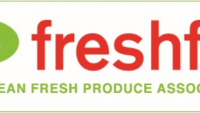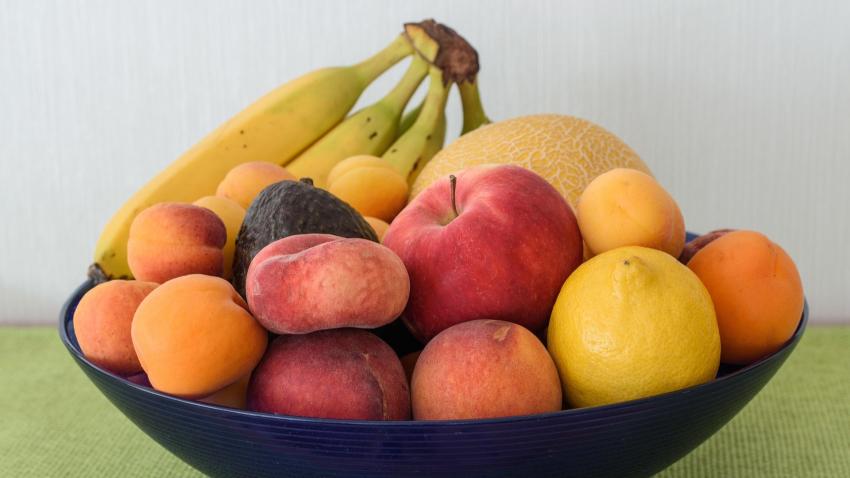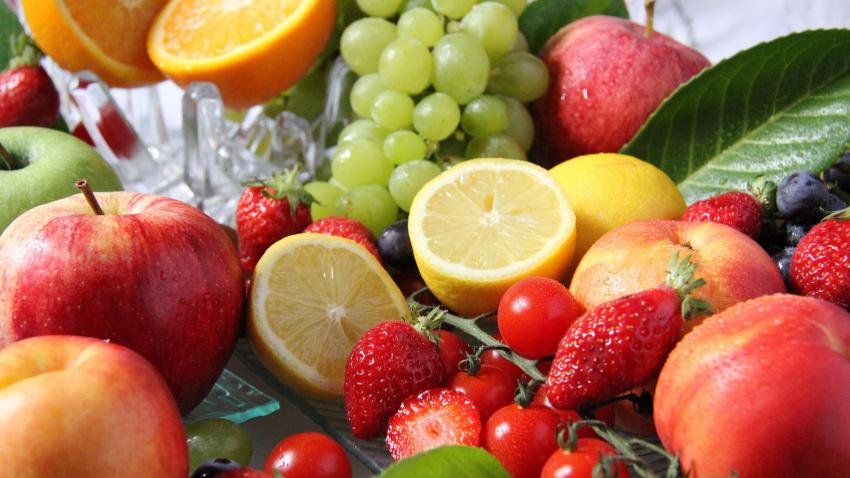You are here
Back to top[Press Release] Freshfel Offers Solutions to Tackle SPS Barriers

This content has been published as provided by its author. It has only been modified from its original version to follow Produce Report editorial guidelines and for necessary website formatting.
Freshfel Europe has warned EU market access experts of the need to act urgently to address the challenges that the European fruit and vegetable sector are facing to access third-country markets. Freshfel Europe recommended concrete solutions that would help diversify fruit and vegetable export opportunities during last week’s European Commission Market Access Working Group on sanitary and phytosanitary (SPS) matters in Brussels, which gathered European Commission officials, member states and sector representatives. These recommendations will help reverse the current restrictions to fruit and vegetable exports and diversify market opportunities to new markets worldwide.
To urgently improve EU fruit and vegetable export conditions and boost exports, Freshfel Europe, represented by Trade Policy Advisor Natalia Santos-Garcia Bernabe and Freshfel Europe’s Export Division President Paco Borras, recommended the development and implementation of better defined international standards for the treatment of pests to the European Commission. Currently, most EU trade partners operate under a detrimental “closed system” for biosecurity and plant health protection. This requires EU producers and exporters to gain access to new markets product by product and country by country with tight conditions fixed in protocols, which require long negotiations and costly procedures. Furthermore, there is a complete lack of transparency by trading partners in communicating the pests they are concerned by and any accepted remedies, which is resulting in different conditions being imposed on member states for the same commodity under similar production conditions. Better defined international standards for the treatment of pests would help resolve these issues and facilitate the market access process.
During the SPS working group, Freshfel Europe also proposed to ease market access for EU fruit and vegetable exporters via sanitary and phytosanitary chapters in EU free trade agreements (FTAs). Freshfel Europe encouraged the European Commission to continue their work in gradually integrating binding SPS provisions in new FTAs. This includes “fast track” procedures, the abolition of pre-clearance, member states’ group applications, the exchange of lists regarding pests of concern and facilitations for audits pre-export. Freshfel Europe voiced their support for the European Commission’s willingness to increase efforts to fully enforce FTA provisions and step up economic diplomacy to promote EU exports through new tools such as the Foreign Policy Instrument. Additionally, Freshfel Europe called on member states to work together via the creation of information exchange channels to accelerate EU applications.
Freshfel Europe is the European Fresh Produce Association, representing the interests of the fresh fruit and vegetable supply chain in Europe and beyond. Freshfel Europe currently has over 200 members, including both companies and associations. For more information, contact the association at info@freshfel.org or visit the association website.
Further information on the current context of EU fruit and vegetable trade:
Since 2014, EU fresh produce exports to its neighborhood have been challenged by rising protectionism and market access restrictions. This includes the embargoes in Russia (2014) and Algeria (2018) and the political and economic instability in the southern rim of the Mediterranean Basin. This has resulted in EU fresh fruit and vegetable exports decreasing by more than 30% from 6.2 million tons in 2014 to 4.3 million tons in 2018. The value of EU exports has also declined by almost 20% to ca. €4.1 billion. This poor performance of EU fruit and vegetable exports contrasts with the aggregate growth trends for other European agri-food exports, which continue to register record-breaking values. As explained in the press release, to diversify market opportunities and access third-country markets worldwide fresh produce companies are confronted with multiple hurdles, complex and costly procedures and lengthy negotiations. Mexico can be used as an example, where despite the application of a FTA since 2000, EU fresh produce exports remain virtually non-existent at below 1,000 tons. This contrasts with Mexican fruit and vegetable exports, which in the same time have boomed from 15,000 tons in 2000 to almost 200,000 tons in 2018.
Image source: Freshfel Europe












